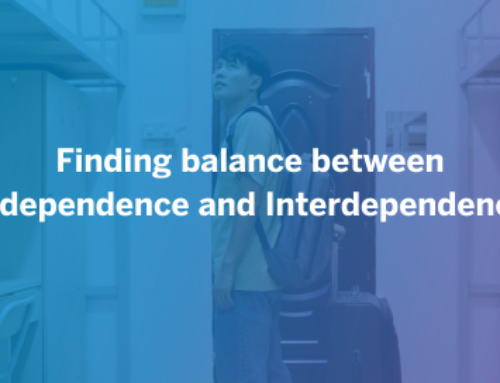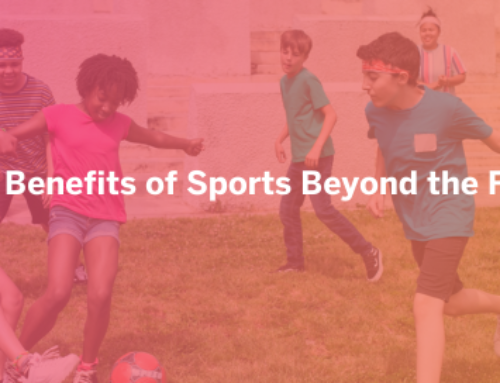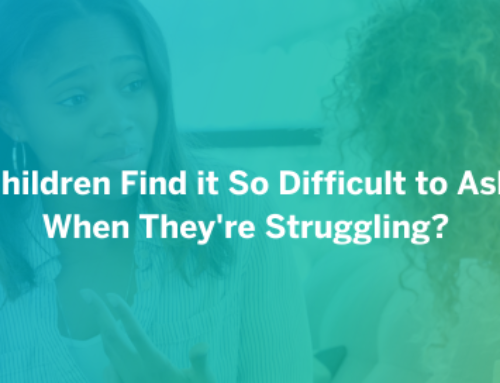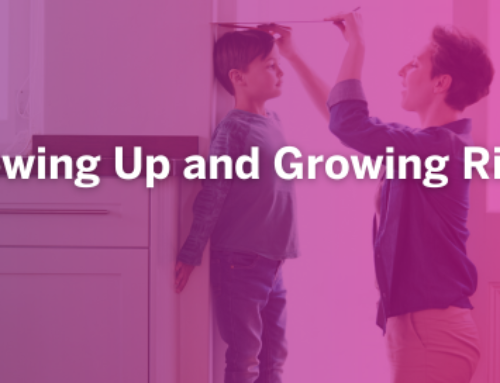
Knowing what you know now, would you go back in time and do it all over again? Or maybe pass down some whispers of wisdom to your younger self to alter a few life choices? If I could go back in time, I would look my teenage self in the eyes and tell her she would suffer heartache, self-doubt, fear, disappointment, and much more because she allowed people into her life that sucked away her light. I would promise her that none of those “friends” would stick around and be by her side as she grew into an adult. I would tell her to stay clear of anybody who makes her feel small and run toward those who help her shine. I would let her know she would find amazing friendships and surround herself with people who help her become a better person. I would tell my teenage self all this, but I can’t. And unless you invented the time machine, neither can you. But, while we may not be able to change our past, we do have the power to help our kids and teenagers by sharing our knowledge with them. Helping our kids, especially teens, spot toxic friendships can be one of the most impactful insights we can pass on.
Specific images instantly pop into my head when I think of the word toxic. None of which I want any part of, a bottle with a skull and crossbones full of liquid poison, for example, or a lethal gas leaking into the air. When it comes to toxic friendships, the warning signs are much harder to spot but can arguably be equally dangerous, especially for kids and teenagers. During the teen years, friends play a more significant role than ever in each other’s social and emotional development. As parents, we have the wisdom of experience to guide us. On the other hand, our teens are just starting to form these strong bonds with their friends.
Friendships are essential at every age, but teens feel the need to be accepted by their peers more than ever. These friendships play a significant role in helping your teen deal with stressors and establish a strong sense of self. Good friendships will help boost their happiness, reduce stress, and make them feel heard, trusted, and respected. Healthy friends will help stop them from feeling isolated and lonely and increase their sense of belonging and purpose. Toxic friendships do the exact opposite. Toxic friendships can do a lot of damage and lead to low self-esteem. These unhealthy friendships can inspire unhappiness and feelings of guilt by dismissing their values, disrespecting their boundaries, and placing constant judgment and criticism on them. They use pressure to encourage their friends to make poor choices and take unhealthy risks. Toxic friendships can lead to feelings of loneliness, and not being understood and can contribute to teen anxiety and depression.
One of the reasons it’s so hard for our teens and us to spot toxic friendships is because friendships are complex. Friends fight; it’s inevitable. Good friendships, just like any meaningful relationship, require growing pains. There will be ups and downs in every good friendship, and that is okay. Overcoming an argument with a friend requires honest communication about boundaries and standards. Both people need effort, consideration, and thoughtfulness to resolve the issue. The lack of these boundaries and standards is where toxic friendships reside. While, we won’t be able to choose who our teens decide to befriend, we can make sure that we talk to them about how to recognize the difference between a healthy friendship and a toxic one.
Below are some warning signs that can help you and your teen spot a toxic friend.
1. Celebrates the Humiliation or Pain of Another Person
2. Disrespects Your Boundaries
3. Encourages Dishonesty
4. Consistently Criticizes You
5. Treats You Differently in a Group Setting
6. Never Listens to You
7. Always Needs Something From You
8. Easily Angered or Aggressive
9. Shares Things with Others You Told them in Confidence
10. Teases or Insults You Regularly
When we help our children say goodbye to the relationships that bring them down. It opens up space for them to find friendships that will last a lifetime.
Carolina Droze is a LSIS presenter of K-5th programming, freelance writer and copywriter. She is also a mom, wife, surfer, nature enthusiast and a lover of loud music and dancing like she just don’t care.







